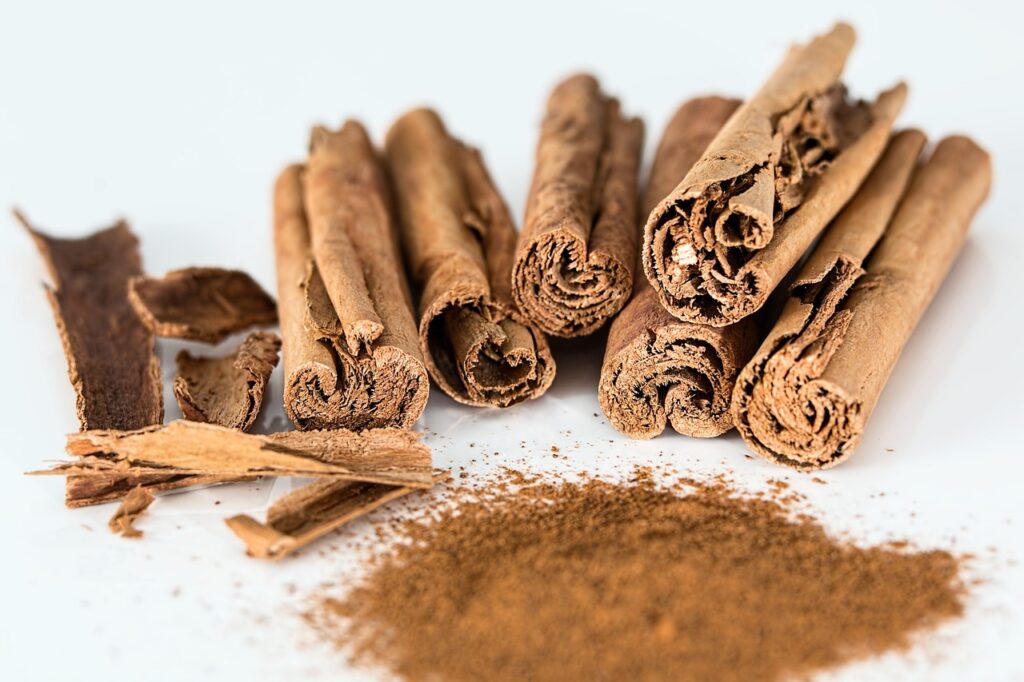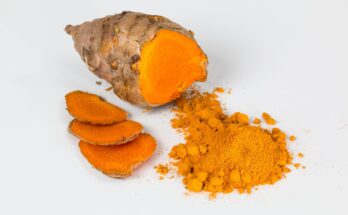Cinnamon, with its aromatic and warm flavor, has been cherished by cultures across the globe for millennia. This beloved spice is not only a staple in numerous culinary dishes but also a treasured medicinal herb with a rich history dating back to ancient times. From its use in traditional medicine to its remarkable health benefits, cinnamon’s journey through the ages is a testament to its enduring significance. In this comprehensive article, we will explore the captivating history of cinnamon, its cultural significance, and its multifaceted benefits that make it a true spice of timeless appeal.
Unearthing the Ancient Origins of Cinnamon

Cinnamon in Ancient Egypt:
Cinnamon’s historical roots can be traced back to ancient Egypt, where it was highly valued for its aromatic fragrance and perceived medicinal properties. Egyptian embalmers used cinnamon in the embalming process, considering it a gift to the gods and a symbol of sacredness.
A Spice of Spice Routes:
Cinnamon’s allure transcended Egypt and reached distant lands through the ancient spice routes. Traders from Arabia and India brought cinnamon to the Middle East and Europe, where it quickly became a sought-after luxury commodity.
An Expensive Commodity:
During the medieval era, cinnamon was a highly prized and expensive spice, often reserved for the elite and used as a status symbol. Its scarcity and exotic origins made it a symbol of wealth and power.
Portuguese and Dutch Control:
In the 15th and 16th centuries, the spice trade became dominated by Portuguese and Dutch merchants, who controlled the lucrative cinnamon trade. Ceylon (now Sri Lanka) became a significant source of high-quality cinnamon, further adding to its allure.
Cultural Significance of Cinnamon

Cinnamon in Mythology and Religion:
Cinnamon’s significance extends to various mythologies and religious traditions. In ancient Greek and Roman mythology, it was associated with gods and revered for its divine aroma. In Judaism, cinnamon is a key ingredient in the holy anointing oil, and it holds a special place during festive celebrations.
Festive and Culinary Uses:
Cinnamon’s warmth and rich flavor make it a popular spice in festive dishes and culinary delights. From spicing up holiday treats to enhancing savory dishes, cinnamon adds a delightful touch to a diverse range of cuisines.
Traditional Medicine:
Cinnamon has been a key component in traditional medicine systems such as Ayurveda and Traditional Chinese Medicine. It has been used to address various health concerns, ranging from digestive issues to respiratory ailments.
The Nutritional Composition of Cinnamon

Essential Oils:
Cinnamon owes its characteristic aroma to its essential oils, primarily cinnamaldehyde. This compound is responsible for many of its health benefits and its unique scent.
Polyphenols and Antioxidants:
Cinnamon is a rich source of polyphenols, including flavonoids and phenolic acids, which are potent antioxidants. These compounds neutralize free radicals and protect cells from oxidative damage.
Nutrients:
Cinnamon also contains essential nutrients such as manganese, calcium, and iron, albeit in relatively small amounts.
The Health Benefits of Cinnamon

Anti-Inflammatory Properties:
Cinnamon’s active compound, cinnamaldehyde, possesses powerful anti-inflammatory properties, which can help combat inflammation in the body and may alleviate symptoms of inflammatory conditions.
Blood Sugar Regulation:
Cinnamon has been extensively studied for its potential to improve insulin sensitivity and regulate blood sugar levels. It may aid in managing diabetes and pre-diabetes by increasing glucose uptake by cells.
Heart Health Support:
Cinnamon’s antioxidant properties contribute to heart health by reducing oxidative stress and inflammation. It may help lower bad cholesterol (LDL) levels and improve overall cardiovascular function.
Antimicrobial Activity:
Cinnamon’s essential oils have natural antimicrobial properties that can inhibit the growth of bacteria, fungi, and other pathogens. It has been used historically to preserve food and protect against infections.
Digestive Health:
Cinnamon can aid in digestion by stimulating the production of digestive enzymes and reducing gastric acidity. It may help alleviate bloating, gas, and indigestion.
Potential Anti-Cancer Effects:
Emerging studies suggest that cinnamon’s bioactive compounds may have anticancer properties. While more research is needed, cinnamon shows promise in inhibiting the growth and spread of cancer cells.
Cognitive Function and Neuroprotection:
The antioxidants in cinnamon, along with its anti-inflammatory properties, may support brain health and potentially reduce the risk of age-related cognitive decline.
Weight Management:
Cinnamon’s ability to improve insulin sensitivity and regulate blood sugar levels may contribute to weight management by reducing cravings and promoting satiety.
Cinnamon in Modern Applications
Culinary Delights:
Cinnamon remains a staple in kitchens worldwide, adding warmth and depth to an array of sweet and savory dishes. From baked goods to curries and stews, cinnamon’s versatility shines through in diverse culinary creations.
Beverages:
Cinnamon-infused beverages, such as cinnamon tea and spiced lattes, offer not only a comforting taste but also potential health benefits.
Dietary Supplements:
Cinnamon supplements are available in various forms, including capsules, powders, and extracts. These supplements provide a convenient way to incorporate cinnamon into a daily health regimen.
Essential Oils and Aromatherapy:
Cinnamon essential oil is a popular choice for aromatherapy, promoting relaxation, uplifting moods, and creating a cozy ambiance.

Cinnamon, a spice with ancient origins and timeless appeal, has graced the pages of history, culinary delights, and traditional medicine for millennia. From its beginnings as a treasured luxury to its ubiquity in modern cuisine and wellness applications, cinnamon’s journey is a testament to its enduring significance. Today, its multifaceted benefits, ranging from anti-inflammatory and antioxidant properties to blood sugar regulation and heart health support, continue to captivate researchers and health enthusiasts alike. Whether sipped as a soothing tea or sprinkled on a delectable dessert, cinnamon remains a beloved spice, cherished for its delightful flavor and potential to enrich our well-being.


